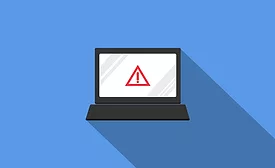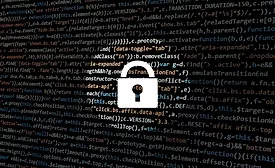Cybersecurity
Product Spotlight
Innovative security solutions on the market
Check out the latest innovative technology and products designed to reduce risk, tighten COVID-19 pandemic response, and enhance the value of safety and security within various sectors.
February 15, 2021
Sign-up to receive top management & result-driven techniques in the industry.
Join over 20,000+ industry leaders who receive our premium content.
SIGN UP TODAY!Copyright ©2026. All Rights Reserved BNP Media.
Design, CMS, Hosting & Web Development :: ePublishing










